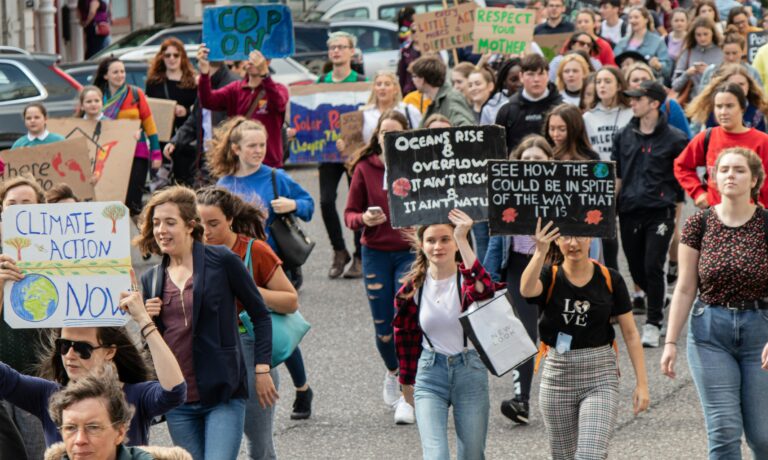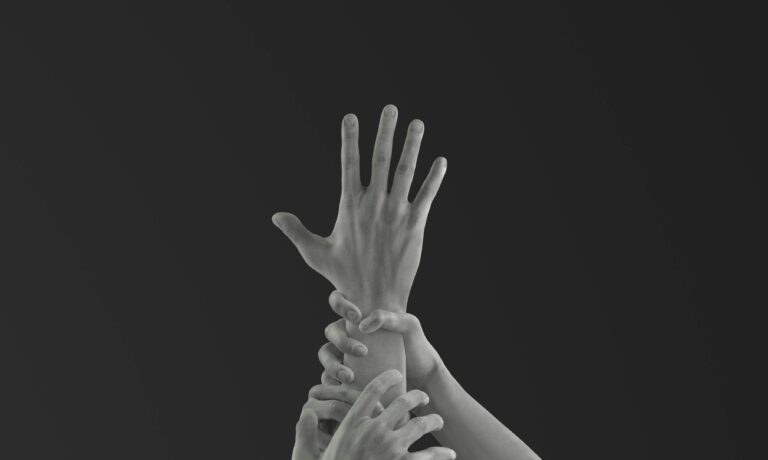COMETA
This scientific project is being implemented by a project leader with five partners based in Lazio, Emilia-Romagna and Puglia, but has a national impact.
Starting date
1 April 2021Duration
12 monthsRealized by:
Istituti Fisioterapici Ospitalieri - Istituto Regina ElenaObjectives
Assessing the direct and indirect impact of the pandemic on patients with cancer, autoimmune diseases or immunodeficiency, in terms of severity and adherence to treatment protocols, with a view to guaranteeing the best clinical and therapeutic intervention.
Implementing long-term ability to diagnose and surgically operate on fragile patients, including via telemedicine.
Establishing a COVID-19 biobank available to other institutions in the future. In particular, creating a biobank of throat and nose swabs to analyze mutation profiles, and a biorepository of plasma and blood to identify alterations in the immune response in patients with confirmed infection with the novel SARS-CoV-2 virus, with or without comorbidity.
Improving organization in COVID and non-COVID centers to guarantee appropriate healthcare services in a safe environment.
In non-COVID centers, ensuring that the non-COVID status is maintain in the long term, while at the same time guaranteeing the continuation of healthcare activities. In COVID centers, setting up different areas for positive and negative patients, to ensure an appropriate level of care and guarantee safety.
Developing approaches and metrics to measure the impact and improve the clinical outcomes of fragile patients in the COVID-19 era.
The impact of the Coronavirus epidemic on the Italian National Healthcare System (Sistema Sanitario Nazionale, SSN) is growing rapidly. In SARS-Cov-2 infections, the patient’s immune response is the main cause of the disease severity. In this critical situation, the data available are few and don’t allow for practical guidelines for treating cancer or immunocompromised patients. A step forward is needed to meet the needs and specific questions of fragile patients in the pandemic era.
Besides the direct effects of the Coronavirus pandemic in terms of lethality and mortality, a serious indirect impact can be foreseen on the general health conditions of the population, in particular for fragile individuals already suffering from pre-existing chronic diseases. The need to allocate significant healthcare resources to the on-going emergency, routine visits being postponed and the advice to avoid medical check-ups unless strictly necessary might lead to interruptions or delays in disease treatment. As a consequence, the chronic patients’ health conditions risk worsening both during and after the crisis.
The suggested actions will be applicable in different ways both in COVID and non-COVID centers.
Alongside the project leader (Istituti Fisioterapici Ospitalieri, Roma – Istituto Nazionale Tumori Regina Elena), the following entities are involved in the project:
Istituti Fisioterapici Ospitalieri, Roma – San Gallicano Dermatology Institute, ASL Roma 1 – Epidemiology Department of the National Healthcare System, Sapienza Università di Roma – Clinical and Molecular Medicine Department – Azienda Ospedaliero-Universitaria Sant’Andrea, Istituto Giovanni Paolo II di Bari – Department of Oncology, USL-IRCCS di Reggio Emilia – Radiation Oncology.


